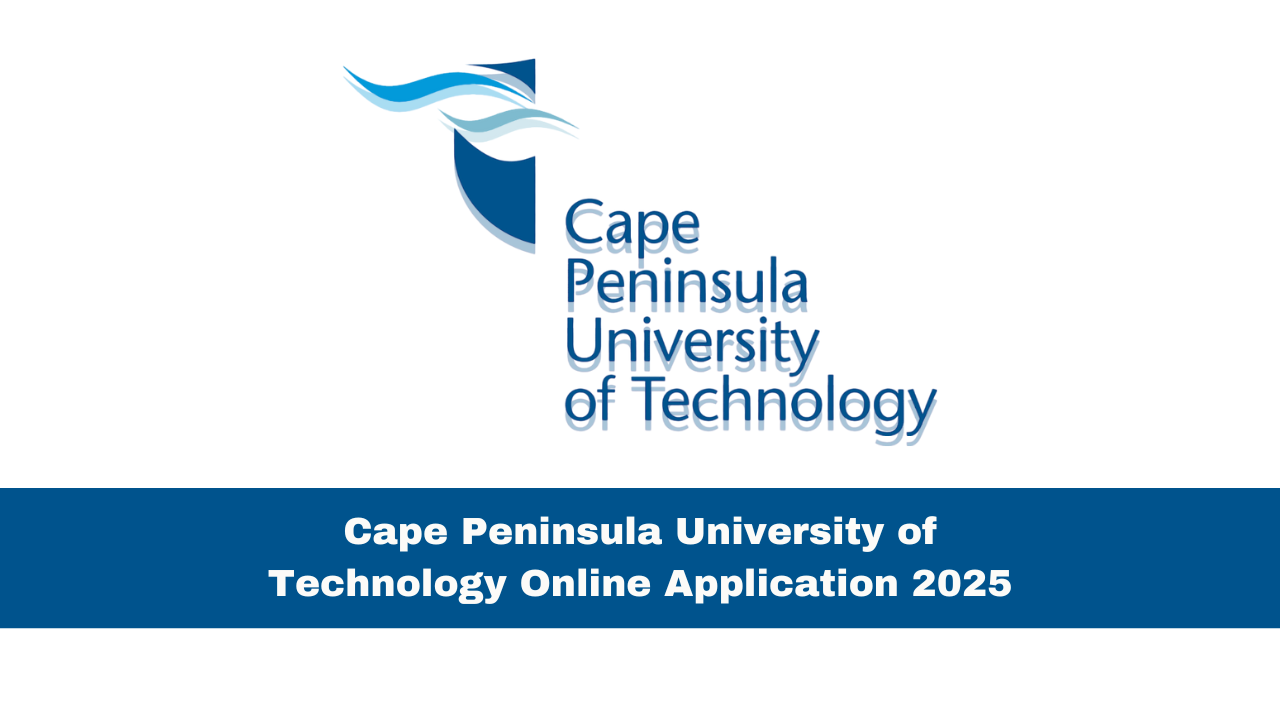UCT Council Approves Student Debt Plans. The University of Cape Town (UCT) is taking a crucial step towards alleviating student debt challenges following recent protests over accommodation shortages and fee concessions.
With student debt currently at R864 million, the UCT Council has approved a joint proposal by the Student Representative Council (SRC) and the university’s executive leadership to provide targeted relief to financially vulnerable students.
Student Protests and Growing Debt Concerns
On the first day of lectures for the 2025 academic year, students protested against the university’s handling of fee concessions and accommodation issues. The Economic Freedom Fighters Student Command (EFFSC) criticized UCT management, calling it “anti-student” and warning of further disruptions if their concerns remained unaddressed. The university has stated that students involved in violent or disruptive actions during these protests will be held accountable.
Approved Debt Relief Proposal
Following a Council meeting on 20 February 2025, UCT announced a structured approach to support students affected by outstanding fee debts from 2024. The proposal aims to assist students while ensuring the university’s financial sustainability.
A statement from UCT reads:
“The joint proposal submitted by the executive and SRC was the outcome of a collaborative effort aimed at balancing the pressing need to ensure that the university caters for financially vulnerable students who are also academically eligible, but whose debt exceeds the R10 000 threshold. At the same time, it sought to ensure that the university remains financially sustainable.”
The proposal sets a total implementation threshold of R30 million, with a focus on five categories of students struggling with financial constraints. However, UCT has clarified that student debts will not be waived or covered entirely by the university; each student remains responsible for settling their outstanding fees.
Who Qualifies for Debt Relief?
The following student groups have been identified as eligible for financial assistance:
- Academically eligible students with debt over R10 000 – 235 students with a combined debt of R26 million. Among them, 96 final-year students owing R10 million will be prioritized.
- Students who made partial payments – 458 students owe R18 million collectively. UCT will prioritize 178 students who have paid at least 40% of their fees or have less than R50 000 in outstanding debt.
- Bursary-funded students from 2024 – 114 students with a combined debt of R8.8 million will be considered if they have paid at least 40% of their outstanding balance or reduced their debt to below R50 000.
- Final-year students who lost their bursaries – These students will receive priority consideration based on proven financial vulnerability or significant partial payments.
- Self-funded students with no payments made – 1 189 students collectively owe R123 million. They will be evaluated based on financial vulnerability or significant partial payments, subject to the R30 million budget cap.
Eligible students must create a confirmed crowdfunding account (e.g., Feenix, BackaBuddy) and sign an acknowledgment of debt agreement. Those requiring further assistance can contact UCT via [email protected].
FAQs About UCT Council Approves Student Debt Plans
Q1: Will UCT completely waive student debt?
No, the university is not covering or waiving student debt. Students remain responsible for their outstanding fees, but financial relief is available based on eligibility criteria.
Q2: How can students apply for debt relief?
Eligible students must email [email protected], have a confirmed crowdfunding account, and sign an acknowledgment of debt agreement.
Q3: Which students will be prioritized for assistance?
Final-year students, students with partial payments, and those who lost bursary funding will be given priority within the R30 million budget.
Conclusion
UCT’s newly approved debt relief plan aims to support financially vulnerable students while ensuring institutional sustainability. Although student protests highlighted growing financial struggles, this initiative marks a step toward resolving debt challenges, prioritizing those in urgent need. Students are encouraged to apply for support and explore crowdfunding options to help settle their outstanding fees.









